
While largely optimistic about a continued strong performance of the U.S. economy, Federal Reserve Chairman Jerome Powell has cautioned that potential headwinds are on the way and said that the central bank has to think about the pace of raising interest rates.
Sharing his views with audience at an event in Dallas, Texas on Wednesday, Powell said the global economy has gradually chipped away at the growth pace it enjoyed a year ago, saying, however, that he was "very happy" about the state of the U.S. economy.
The central bank chief also told investors to remain vigilant against a set of potential risks that are expected to come next year or so, including a falling foreign demand, a chilling domestic real-estate market, as well as waning fiscal stimulus as the impact of tax cuts gradually waters down.
"We have to be thinking about how much further to raise rates, and the pace at which we will raise rates," Powell said, adding monetary policy goals are to "extend the recovery, expansion, and to keep unemployment low, to keep inflation low."
One day after Powell spoke at the Dallas event, the Fed issued a statement saying it will, in the upcoming year, review its current approach to pursuing maximum employment and price stability.
"The Federal Reserve next year will review the strategies, tools, and communication practices it uses to pursue its congressionally-assigned mandate of maximum employment and price stability. The review will include outreach to a broad range of interested stakeholders," the statement said.
The outreach effort, the Fed explained, includes sponsoring a research conference in June, as well as hosting a series of public events nationwide to solicit opinions from outside stakeholders.
A bullish anticipation for the economy has led to the Federal Open Market Committee, the Fed's policymaking body, raising benchmark interest rates three consecutive times this year, with the fourth hike expected to be announced in December.
The moves have generated capital inflow for the United States at the expense of large-scale currency depreciations and stock market turmoil in emerging markets such as Turkey, Argentina and Southeast Asian countries.
Hedge fund billionaire Ray Dalio said Thursday that further upping the rates is not sustainable because the upward trend has reached a degree where it is hurting asset prices. He argued that the central bank should prioritize asset prices over economic conditions in its policy reference toolkit.
"We've raised interest rates to a level that it's hurting asset prices. We have now a flat yield curve," the founder of Bridgewater Associates said when appearing on CNBC's "Squawk Box" program. "We're in a situation right now that the Fed will have to look at asset prices before they look at economic activity."
Monetary policymakers, Dalio said, are in a difficult position because the economy itself, driven by the massive tax cuts in December 2017, will pressure them to raise rates "too much."
As a result of the accumulating fiscal deficit, the United States will have to sell more bonds to investors and other countries, creating what Dalio said will be a supply-demand problem for the bond market "that will particularly come next year or the year after."
Another vocal critic of the Fed's monetary policy is President Donald Trump, who says rates hikes have hampered his administration's efforts to expand the economy. In his institution's defense, Powell stressed the Fed's independence from the administration in decision-making.
"We have a very important job that Congress has assigned us: Serve the public," he said at the Dallas event. "That's our sole focus. We don't try to control things we don't control. We try to control the controllable. We're just trying to do our jobs, and we're doing fine," he added, trying to avoid a public wrangle with the president.
A recent report by credit rating agency Moody's anticipated that a split Congress in the wake of the midterm elections may put constraints on fiscal policy, and that "the Federal Reserve's role at assuring an adequate rate of economic growth has been magnified."
















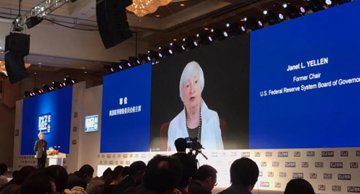
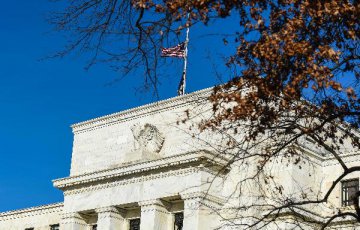

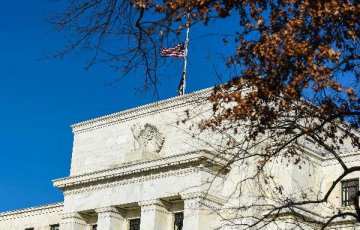
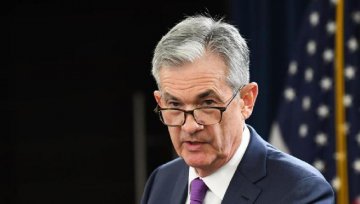
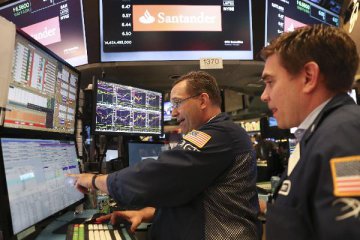


Latest comments